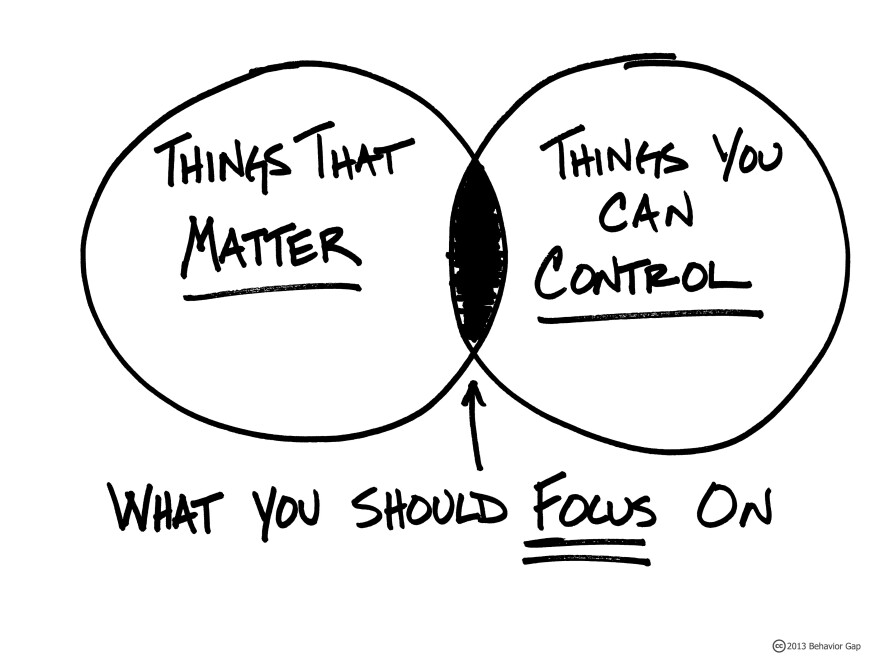The COVID pandemic has highlighted the need for people of every age and income bracket to have some kind of plans in place for end-of-life decision making. As a recent article in US News and World Report states, “Estate planning isn't just for rich people; it's an opportunity for people of any age to control who will inherit their money and property, and to decide who can make medical and financial decisions on their behalf.”
Your estate-planning needs change throughout your life – starting when you're legally an adult.
The journal, American Family Physician outlined some of the key issues families face if they are unsure of a loved one’s wishes when that person becomes incapacitated. Decision making in these situations requires a complex integration of ethical implications, surrogate decision making, legal considerations, and communication skills. Creating a living will provides a legal document to guide your family and friends. In order to create this document, Ellen Rand, the author of Last Comforts, advises educating yourself about the different key treatments for end-of-life care, so that you can make informed decisions.
Other important estate planning elements include regularly updating beneficiary designations, establishing durable power of attorney, creating a will, choosing a guardian and perhaps a trust for your children, and making a plan for long-term care. Consumer reports suggests that while you can do some estate planning on your own, you should enlist the services of a lawyer to draft the legal documents.





